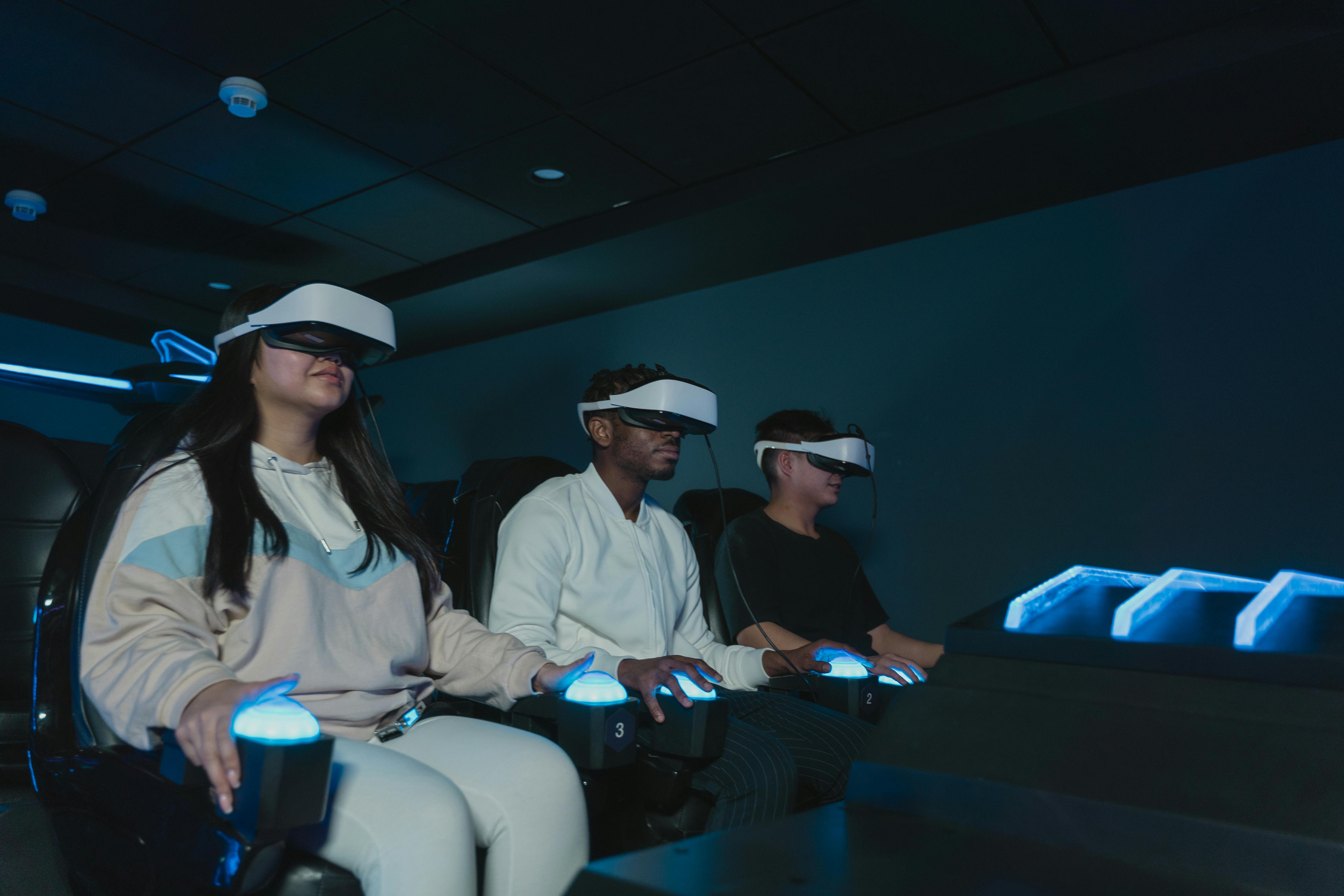Abstract
In recent years, Virtual Reality (VR) has rapidly evolved from a niche innovation into a transformative tool across various sectors, including security and law enforcement training. This article explores the growing relevance and potential of VR as an educational medium, focusing on its immersive capabilities—both passive and active—and their impact on experiential learning. By simulating realistic, high-risk scenarios, VR enables trainees, such as members of Law Enforcement Agencies (LEAs), to safely practice decision-making and reaction in critical situations. The advantages of VR training include enhanced performance, reduced costs, higher learner engagement, and the ability to collect physiological and behavioral data for real-time feedback and process improvement. The COVID-19 pandemic further accelerated the adoption of VR by highlighting the need for remote, scalable, and effective training solutions. While still in an early adoption phase within the security sector, VR shows strong potential for improving preparedness, safety, and operational efficiency. The article concludes by highlighting the need for continued empirical research and encourages organisations to strategically integrate VR into their training frameworks to maximise its benefits.

